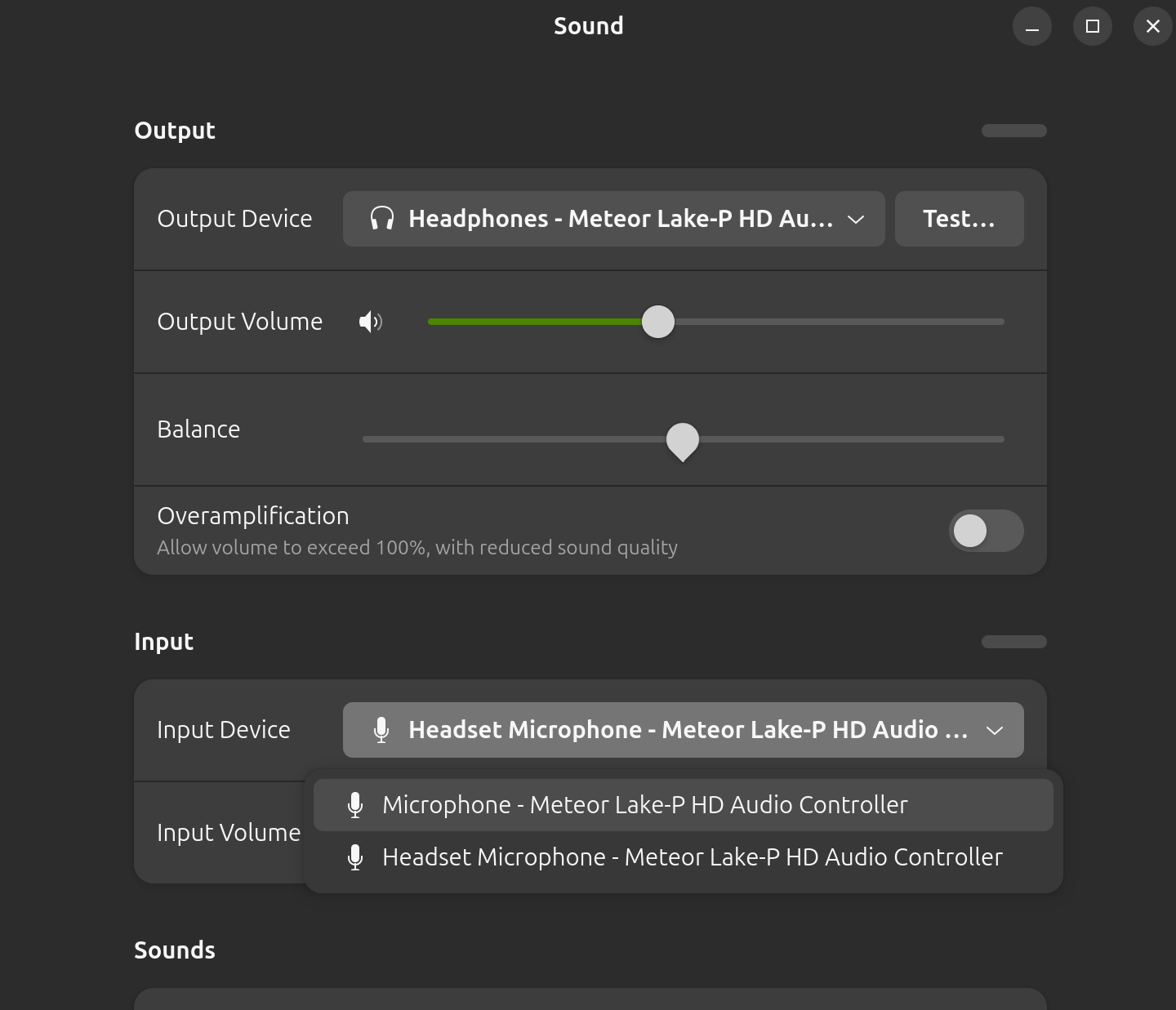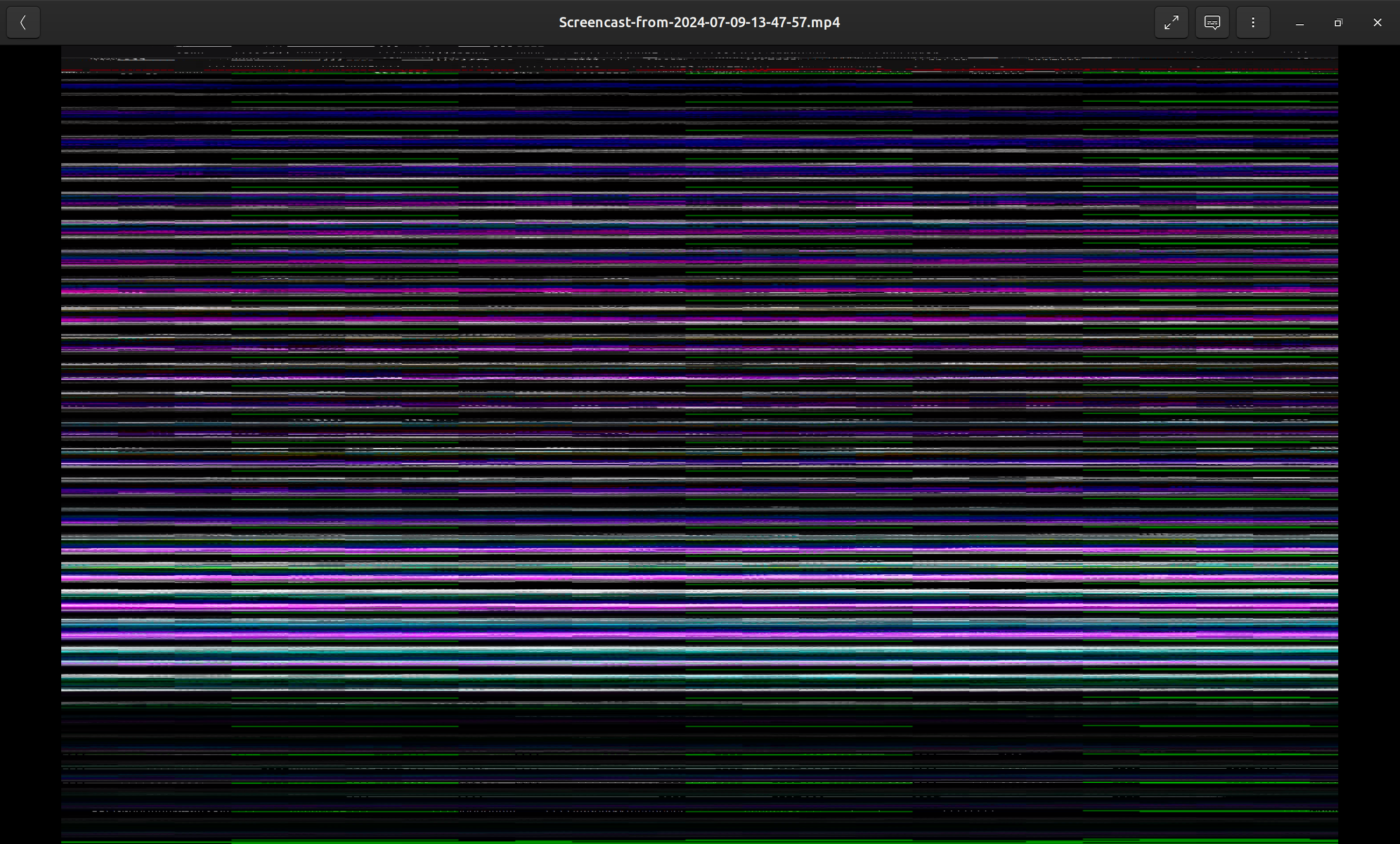Linux Hardware
1147 readers
1 users here now
For news and discussion relating to Linux hardware.
Join us on the GamingOnLinux Discord!
Related Communities:
Quick rules:
- Be nice to each other.
- Report toxic people.
Please be nice to other members. Anyone not being nice will be banned. Keep it fun, respectful, and just be awesome to each other.
founded 3 years ago
MODERATORS
1
2
3
4
5
6
7
8
9
10
11
12
13
14
15
16
17
18
19
21
22
23
24
25
view more: next ›






